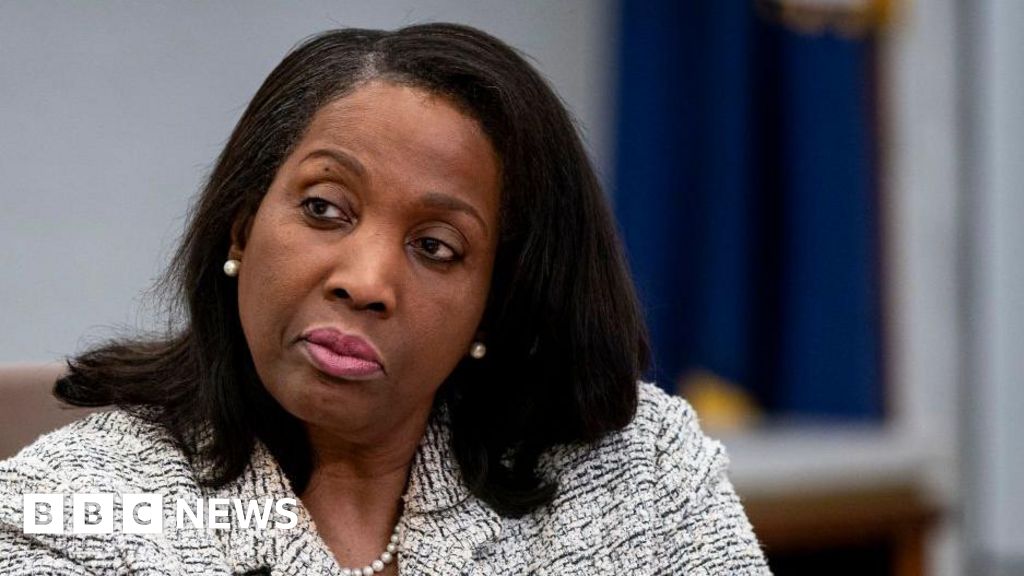Lisa Cook's Dismissal from Federal Reserve: Analysis and Reactions
President Donald Trump’s recent demand for the removal of Lisa Cook, one of the governors of the U.S. Federal Reserve, has ignited a political firestorm, calling into question the integrity of the central banking institution. This development is seen as a continuation of Trump’s longstanding rivalry with the Federal Reserve, particularly since the Fed's actions are crucial in managing the U.S. economy.
In a letter shared on his Truth Social account, Trump cited allegations against Cook related to mortgage fraud as the reason for her dismissal, stating that she may have falsified records regarding her primary residence. This claim has been met with serious backlash, especially from Democratic lawmakers, who view it as an unprecedented instance of political interference in what is traditionally an independent institution responsible for U.S. monetary policy.
Who is Lisa Cook?
Lisa Cook was appointed to the Federal Reserve Board of Governors in 2022 by President Joe Biden, marking a historic moment as she became the first African American to hold the position. Her term is slated to last until 2038. Cook brings a wealth of experience to the board, having previously advised during Barack Obama’s presidency and worked at the U.S. Treasury. As one of the seven board members, she plays a pivotal role in influencing the nation's economic policy, particularly in decision-making around setting interest rates.
The Allegations Against Cook
Trump’s accusations claim that Cook signed two documents within weeks of one another, each stating that different homes were her primary residence. This has led to allegations of fraudulent activity; however, it is important to note that Cook has yet to be charged with any wrongdoing. CNN has reviewed the relevant mortgage documents and noted that while Cook did assert ownership of two primary residences, it remains uncertain whether she informed the lenders involved.
Reacting to her dismissal, Cook has pledged to contest the president's actions, arguing that there is no valid justification for her firing. Some legal analysts have expressed skepticism regarding the legitimacy of Trump's claims, indicating that proving just cause for her dismissal could prove difficult in court.
What Role Does the Federal Reserve Play?
The Federal Reserve serves as the central bank of the United States, overseeing monetary policy, stabilizing the financial system, and regulating financial institutions. One of the Fed's key functions is setting interest rates, which significantly impacts the financial conditions in the country.
The Federal Reserve operates as an independent entity; although it is accountable to Congress, its policy decisions do not require explicit presidential approval. This independence is crucial for maintaining economic stability and public trust in monetary policy.
The Path Forward: Legal Challenges and Economic Implications
As the situation unfolds, questions remain about the potential legal battles that could arise from Trump’s decision. According to legal experts, while the Federal Reserve Act does allow the president to remove a governor for cause, the interpretation of what constitutes ‘cause’ can lead to complex legal disputes.
Moreover, economic analysts are watching closely, as this move comes amid broader discussions of interest rates and inflation, key issues that could influence the U.S. economy moving forward. Trump’s push for lower interest rates aligns with his agenda of enhancing economic growth and addressing increased borrowing costs, but it also poses challenges as the Fed seeks to manage inflation effectively.
The reactions from lawmakers, economists, and the general public signal that the implications of Cook’s removal extend far beyond her individual circumstances, potentially reshaping the dynamics between politics and independent financial governance.




















